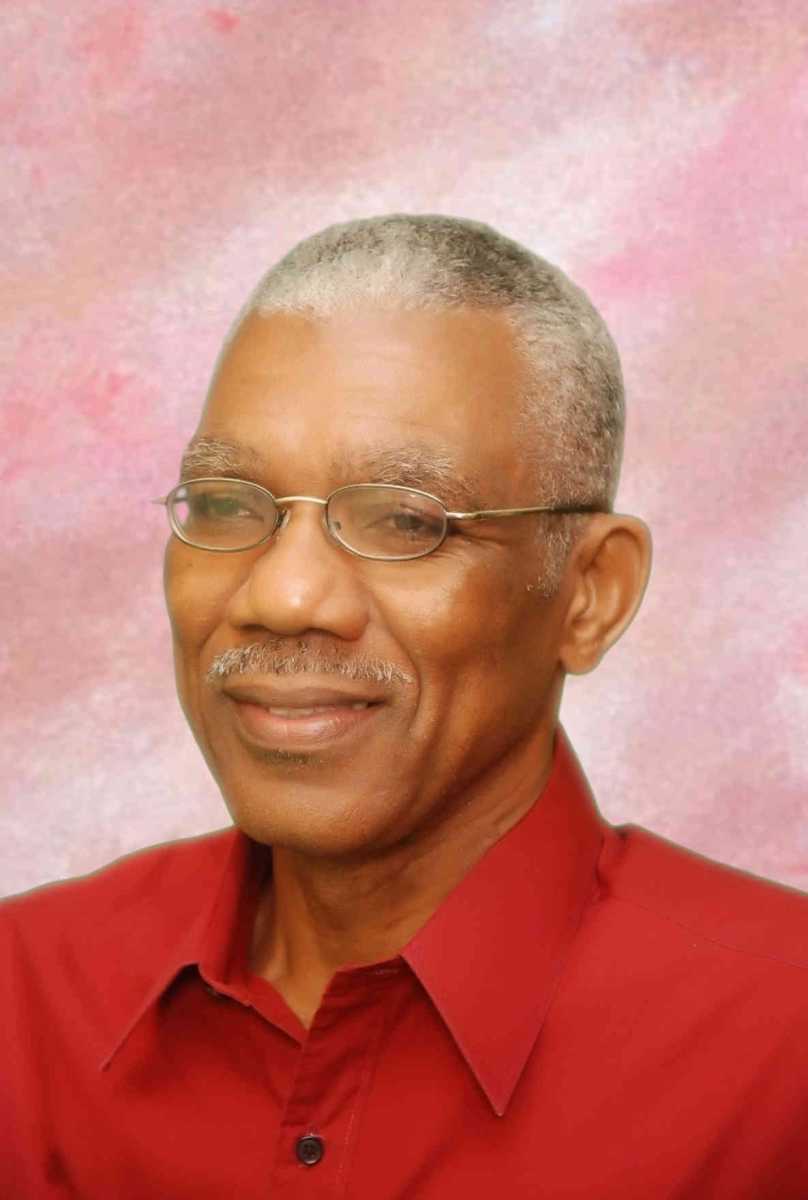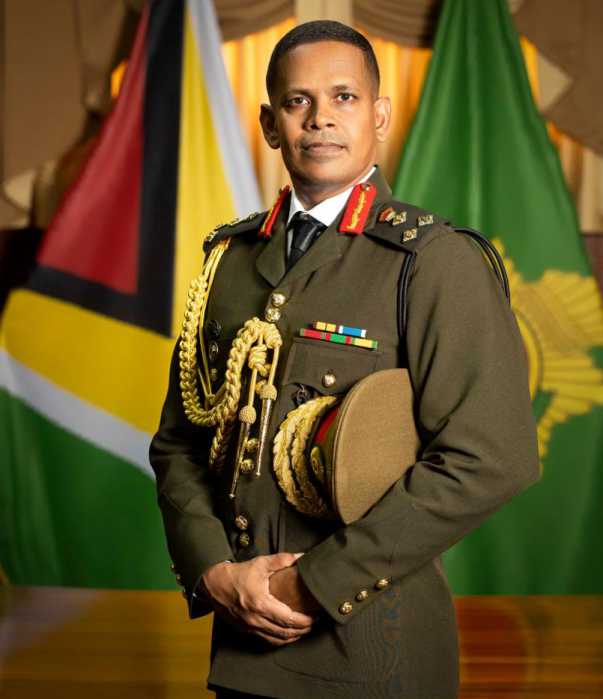Guyanese go to the polls on Monday in the first of five general elections in the Caribbean trade bloc for 2020, but fears that a compromised voters list could present some problems and threaten to mar what is widely regarded as the most important general elections in the country’s history.
Considered as the ‘mother’ of all elections since independence from Britain in 1966, the polls are being held amid hopes that recently found offshore commercial oil and gas deposits will soon make Guyana one of the richest countries in the hemisphere.
Therefore, the 2020 elections are coming down to a straight fight for control of oil revenues going forward. And both of the main parties — the governing multiracial-multiparty coalition led by retired Army General, David Granger and the main Indo-led opposition People’s Progressive Party (PPP) of former Minister of Housing and Water, Irfaan Ali — both agree that whichever outfit wins this one could control the region’s most resource-rich country for decades. The stakes therefore are extremely high.
As campaigning heightens with less than a week to go, attention is turning to a voters list that most in the country of about 780,000 think is simply bloated, unreal and problematic. The elections commission’s final voters scroll contains an astonishing 661,000 eligible voters, a number even the commissioners consider and an impossibility and an improbability given the fact that the national schools population of students under the voting age of 18 is 260,000.
Yet the country is going to the polls with this list because of court rulings barring the commission from removing migrated people and other categories from the list so the two main parties and seven or so other small outfits which qualified to run for seats in the 65-member house, all say they would need to ensure that excess ballots are not stuffed into ballot boxes as had happened in the past. In the 2015 elections that pushed out the PPP after 23 consecutive years, the final voters list was 585,727 with 416,000 people actually casting votes.
As parties prepare for final rallies at the weekend, many of the political advertisements on radio and television as well as in newspapers, are targeting oil and gas deals both the previous and current governments made with ExxonMobil and other mega companies. Leaders have accused each other of allowing the firms to negotiate weak deals that allow Guyana to be short changed of revenues.
The department of energy says, however, that the country will earn about $300 million this year from exports of five million barrels of oil and up to $5 billion by 2025 when two more oil fields kick into production. Actual oil production began on Dec. 20, less than five years after the commercial finds were first announced. Guyana earlier this month sold its first million barrels to Shell Western with links to Barbados.
Companies such as Repsol of Spain, CGX Energy of Canada and Tullow of the UK are also drilling for oil this year and could strike it rich in the much heralded Guyana-Suriname Basin.
Guyana has been in heightened election mode since December of 2018 when a government lawmaker sided with the opposition to erase its one-seat majority during debate of a no confidence motion. The vote immediately collapsed the government, moving it to caretaker status and forcing it to organize fresh elections.
Meanwhile, a slew of international observers from the region, The Commonwealth, the Jimmy Carter Center out of Atlanta and the Organization of American States among others will have their work cut out monitoring activity as thousands of ballots could be left unused and could be abused by overzealous officials. In the 2015 elections that pushed out the PPP after 23 consecutive years, the final voters list was 585,727 with 416,000 people actually casting votes.
And once the Guyana elections are done and dusted, attention will turn to neighboring Suriname as it votes on May 25 for a new government. The others on schedule for the remainder of the year are St. Kitts, St. Vincent, Trinidad and Belize. The Dominican Republic is also due to vote this year.



























